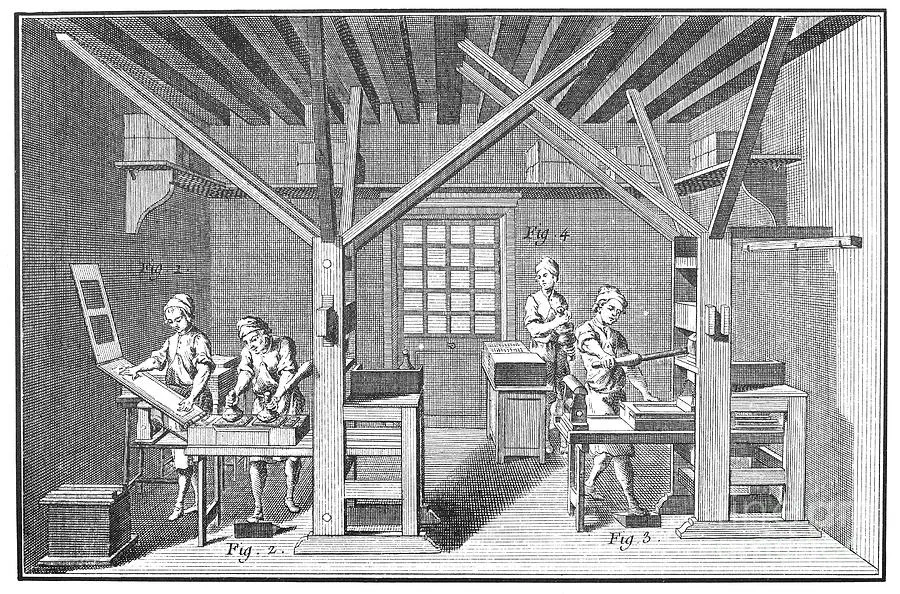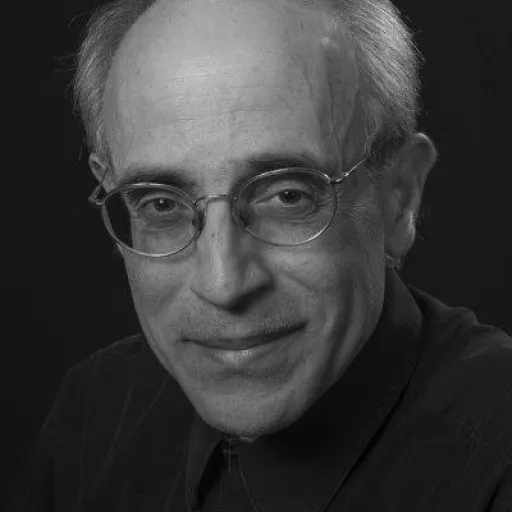Professional Writing

Applied Humanities
"We are all debtors to our profession, from which we expect success and profit and to which we are obliged to improve and honor. This task can be performed by the honest and liberal practice of our profession; but much more is achieved if we visit and strengthen the roots and foundations of our practice itself."
--Sir Francis Bacon (1561-1626)
BRIDGING THE GAP
Since joining the Department of Writing in fall 1990, I have taught primarily professional and technical writing (PTW) Over the years, this part of our curriculum has grown from one course into a specialized concentration within the Writing major:
- WRTG-21100:Writing for the Workplace
- WRTG-21300: Technical Writing
- WRTG-31100:Writing for the Professions
- WRTG-31400:Science Writing
- WRTG-31700:Proposal and Grant Writing
These courses bridge the gap between the School of Humanities and Sciences and Ithaca College's professional students, exposing them to history, ethics, and rhetoric while teaching them grammar, usage, and documentation; it also provides, in the words of Janette S. Lewis, "a way to maintain certain humanist values in the classroom."
A LONG TRADITION
Historically, professional and technical writing has been essential to the humanities. Originating in the medieval university as the ars dictatoris, a required course in work- and institutional-related writing and rhetoric, professional writing formed the matrix of many of the Humanities and Sciences subjects we now take for granted. Fourteenth-century notaries created the new learning that became the Renaissance. Fifteenth- and sixteenth-century secretaries like Machiavelli and Bacon adapted the chancery style of composition to create a crisp new language for history, politics, and science. The so-called Plain Style, the model for functional, critical prose, both inside and outside the English-speaking academy, is the product of the technical writing of the Royal Society and the business and journalistic writing of Grub Street in late 17th- and early 18th-century London.
Inspired by scholars like Elizabeth Tebeaux and Bernadette Longo, PTW has returned to its humanist roots to reinvent itself as an interdisciplinary subject that is grounded in history, concerned with ethics, and committed to rhetoric. Our curriculum strives to achieve the same pedagogical balance by combining practical instruction on format and mechanics with theoretical concerns about politics and communication. All institutional writing, from the smallest memo to the heftiest annual report, negotiates between power and persuasion, and typical class exercises attempt to teach the knotty trinity of text, context, and subtext.
To illustrate these principles, our courses supplement writing assignments with lecture material on the historical development of professional and technical writing, from the late Middle Ages to the present, and with case studies from life and literature. Besides standard textbooks, class texts include the bureaucratic working papers of Niccoló Machiavelli and Franz Kafka, the business letters of Benjamin Franklin and Daniel Defoe, and the technical notebooks of Leonardo Da Vinci and Thomas Edison. As management guru Peter Drucker argues in The Post-Capitalist Society, echoing Sir Francis Bacon's Great Instauration, true humanism does not merely preserve the past; rather, it applies the past to transform the present in order to improve the future.
